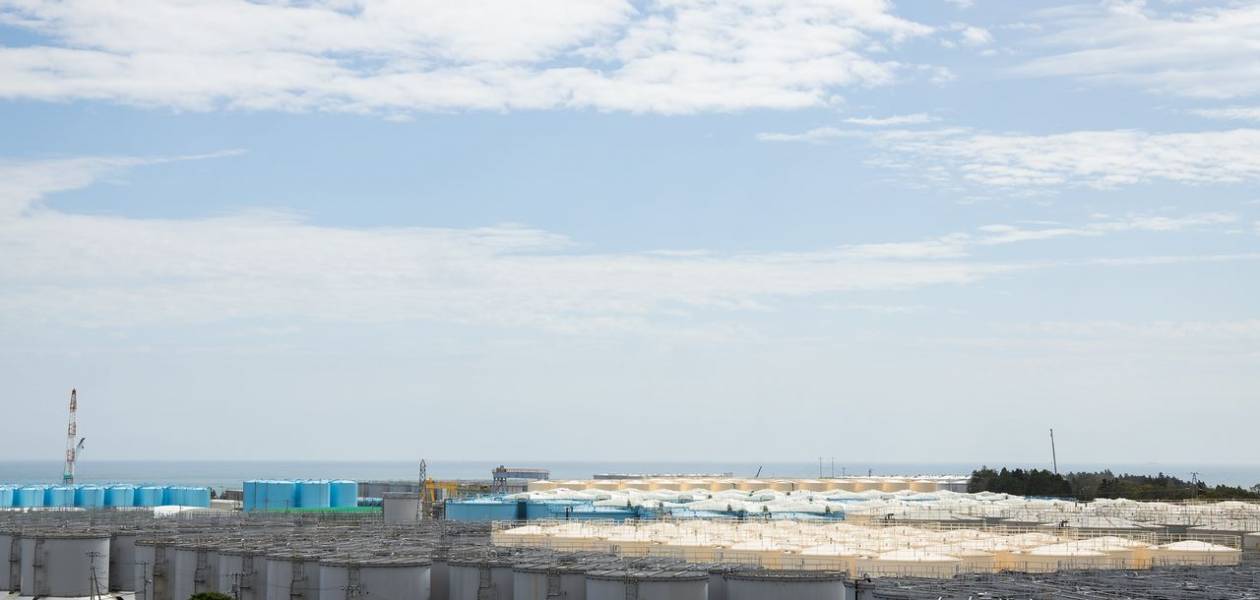
More than ten years after the nuclear disaster in Fukushima, the Japanese government decides to discharge the contaminated water into the ocean.
1,250,000 liters of water will be discharged between 2023 and 2050. This decision puts an end to seven years of debate during which multiple solutions were considered to get rid of water from rain, groundwater or water. injections necessary to cool the cores of nuclear reactors that melted after the gigantic tsunami of March 11, 2011. According to the words of the Japanese Prime Minister, Yoshihide Suga, this operation is now "inevitable", after having ruled out the last two possibilities, namely evaporation into the air and long-term storage. But also urgent because of the water which continues to accumulate.
Obviously, the Chinese and South Korean neighbors were quick to step out of their reserve following this announcement to express deep discontent and concern.
However, Tokyo wishes to reassure and guarantee that this operation does not present any health hazard. The water has been filtered several times to get rid of most of its radioactive substances. There remains one, however: tritium. It is a radioactive isotope of hydrogen that current techniques cannot remove from water.
And even if Tokyo says it is doing everything it can to eliminate as much tritium as possible in order to release water with safety levels well below acceptable standards, it is a safe bet that this will not be enough to ease tensions. Internally, the powerful fishing industry has expressed great dissatisfaction and expressed strong fears. In the end, the Japanese government will do without the endorsement of representatives of the sector. However, the latter had received a guarantee from the state that they would be consulted and that their opinion would be taken into account.
To support its decision, the Japanese government is relying on the support expressed by Joe Biden for whom this rejection does not present any risk. James Conca, a nuclear waste specialist with the US Environment Agency, even declared: "The International Atomic Energy Agency approves the Japanese government's plan, noting that this discharge into the ocean complies with standards. global practice ”.
Unfortunately, China does not hear it that way and does not intend to let it go. The Chinese Foreign Minister declared in this regard: “This plan is completely irresponsible and is a serious attack on health and harms the vital interests of neighboring countries. "
Same story of the South Korean neighbor who, once is not customary, joined the indignation of China. Choi Young Sam, spokesperson for the South Korean Foreign Ministry said: "Our government expresses serious concerns as this decision may have a direct and indirect impact on the security of our people and the surrounding environment."
Greenpeace, for its part, reacted strongly by speaking of a "completely unjustified decision to deliberately contaminate the Pacific Ocean with nuclear waste". And that it would undoubtedly have been preferable to store this water while waiting for scientific knowledge to evolve and allow complete decontamination without endangering the environment.
Here is a very toxic subject for the Japanese government which will have a very narrow margin of maneuver to solve this problem without causing an escalation of diplomatic incidents.
Posted on 2021-04-14 18:23








Comments